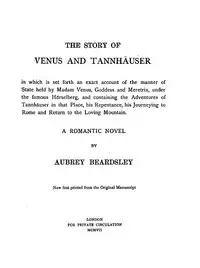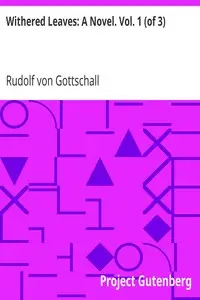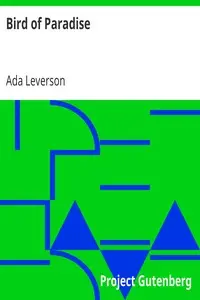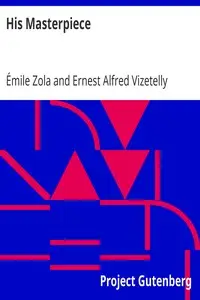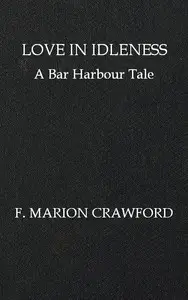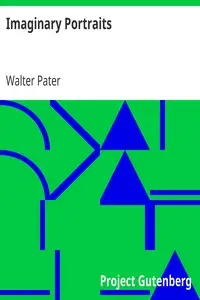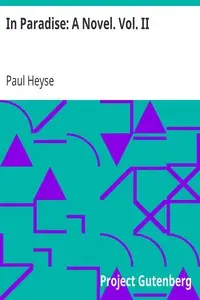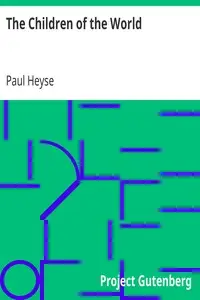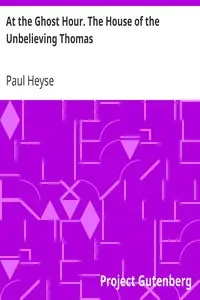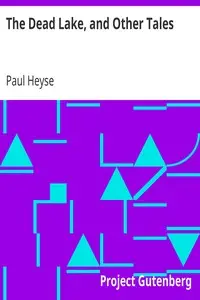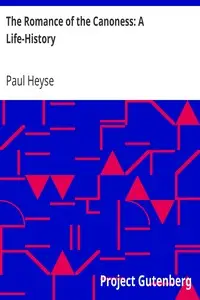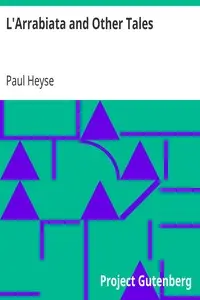"In Paradise: A Novel. Vol. I." by Paul Heyse is a fictional story that takes place in 19th-century Munich. The story centers around Jansen, a talented sculptor, and Zenz, a young model. The reader watches them work together on a statue, revealing the challenges of art, the meaning of beauty, and the complications of relationships. The novel is set on a peaceful Sunday morning after a storm, where Jansen and Zenz deal with the expectations and confusions in their lives. The story gains tension with the arrival of Jansen's friend, Felix, and hinting at past connections and future goals. This first part of the story begins to question the search for truth in both love and art.
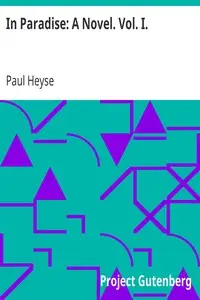
In Paradise: A Novel. Vol. I.
By Paul Heyse
Amidst the creation of art, a sculptor and his model discover desires and longings that twist their lives together forever.
Summary
About the AuthorPaul Johann Ludwig von Heyse was a German writer and translator. A member of two important literary societies, the Tunnel über der Spree in Berlin and Die Krokodile in Munich, he wrote novels, poetry, 177 short stories, and about sixty dramas. The sum of Heyse's many and varied productions made him a dominant figure among German men of letters. He was awarded the 1910 Nobel Prize in Literature "as a tribute to the consummate artistry, permeated with idealism, which he has demonstrated during his long productive career as a lyric poet, dramatist, novelist and writer of world-renowned short stories." Wirsen, one of the Nobel judges, said that "Germany has not had a greater literary genius since Goethe." Heyse is the fifth oldest laureate in literature, after Alice Munro, Jaroslav Seifert, Theodor Mommsen and Doris Lessing.
Paul Johann Ludwig von Heyse was a German writer and translator. A member of two important literary societies, the Tunnel über der Spree in Berlin and Die Krokodile in Munich, he wrote novels, poetry, 177 short stories, and about sixty dramas. The sum of Heyse's many and varied productions made him a dominant figure among German men of letters. He was awarded the 1910 Nobel Prize in Literature "as a tribute to the consummate artistry, permeated with idealism, which he has demonstrated during his long productive career as a lyric poet, dramatist, novelist and writer of world-renowned short stories." Wirsen, one of the Nobel judges, said that "Germany has not had a greater literary genius since Goethe." Heyse is the fifth oldest laureate in literature, after Alice Munro, Jaroslav Seifert, Theodor Mommsen and Doris Lessing.

